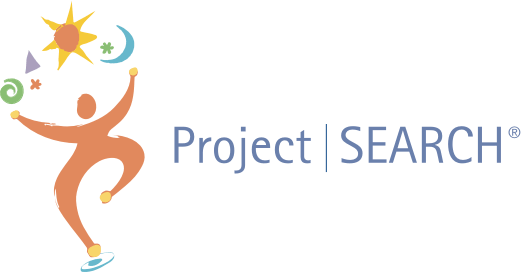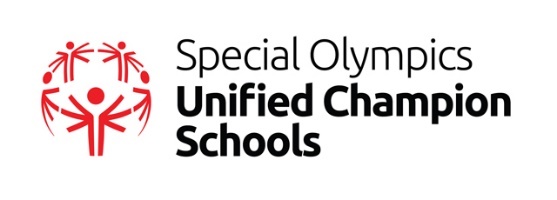NOTE: 2020 is the 100th anniversary of the Vocational Rehabilitation Program.
Vocational rehabilitation helps student gain confidence and discover passion for public speaking

By Missouri Vocational Rehabilitation
(part of the Adult Learning & Rehabilitation Services, Missouri Department of Elementary and Secondary Education)
Kelsey Redding wasn’t sure if Missouri’s vocational rehabilitation was right for her when she first became aware of the program. She had been going through a difficult time in her life, living first with a friend and then with a married couple who worked as teachers at her high school. She had no confidence she would even be able to get a job.
However, Kelsey persisted and participated in a VR work experience during the summer between her junior and senior years at East Carter High School in Ellsinore, Missouri. She started out as a shelf stocker at a Town & Country grocery store then moved up to working as a checker.
“Having a job felt really good,” she said, “especially saving money up for a car.”
Read More









